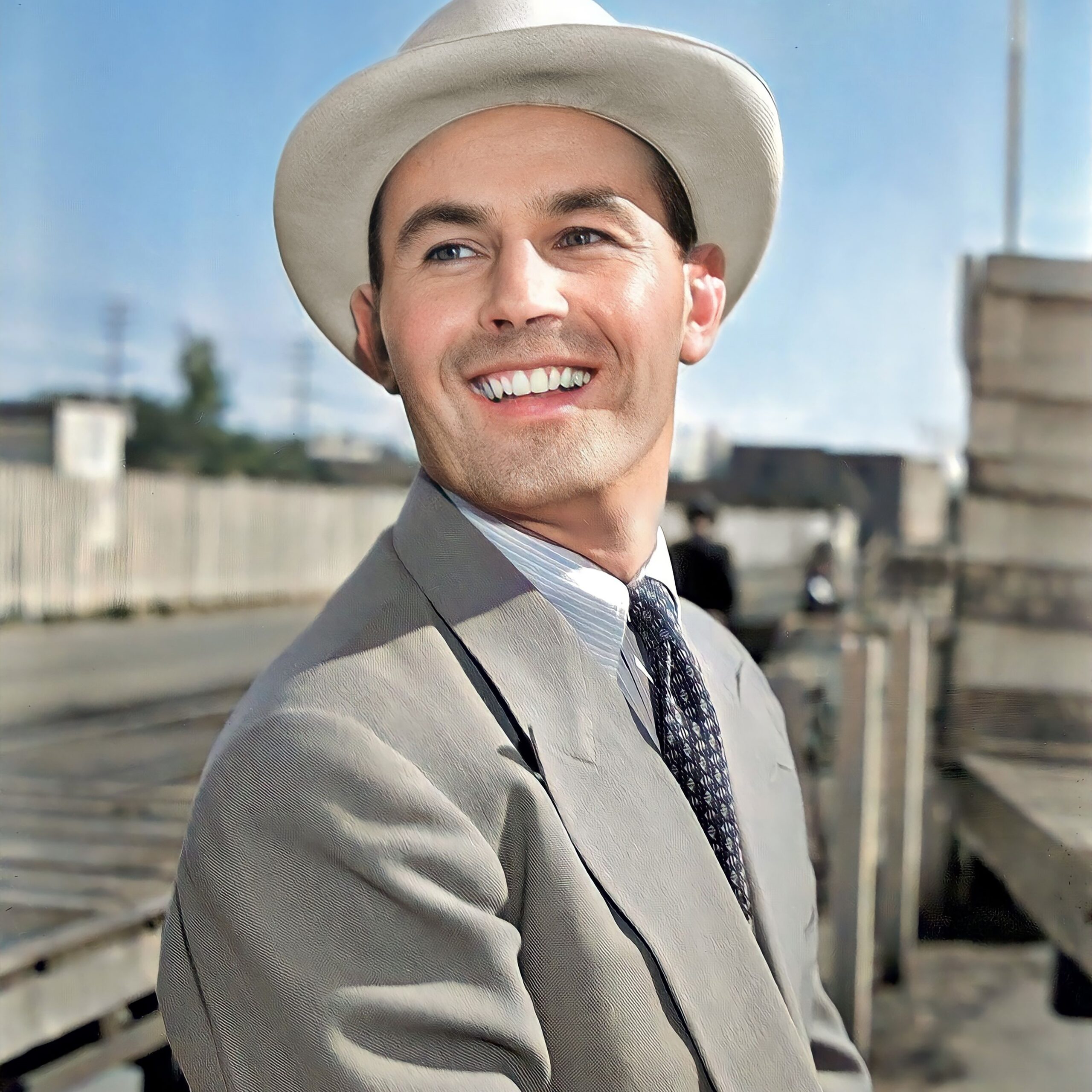
04 Aug Jan Kiepura
He had a voice like no other. So what if he struggled to master his repertoire? Audiences around the world loved him.
When Jan Kiepura was born in 1902 in Sosnowiec, in Russian-occupied Poland, a career as a globally acclaimed opera singer was likely at the bottom of the list of futures his father dreamed of for his son, and he most certainly didn’t plan for it to happen. Jan Kiepura was supposed to become a lawyer. It’s a story as old as history itself. But the best-laid plans have a way of going astray. Jan, a freshly minted law student at the University of Warsaw, began to secretly take voice lessons from Wacław Brzeziński. After just a few lessons, the teacher realized that Jan was a man of extraordinary talent, and refused to take any payment from him; he instead told the student to throw out his old shoes and buy an elegant set of clothes. For Jan, a breathtaking career was the only possible future in store.
Indeed, events began to unfold at a rapid pace. Jan Kiepura made his first public performance as a singer in Sosnowiec in 1923. A mere year later, he landed a support role in the famous Polish opera Halka, by Stanisław Moniuszko. But he soon revealed his stubborn character: he ignored notes from the conductor and director, opting instead to show off his skills and drown out the voices of his fellow singers. Unsurprisingly, he didn’t earn the acclaim and popularity he had hoped for in Warsaw.
As he later observed in an interview in 1927:
“It’s such a pity that, almost without exception, Polish artists must seek fame abroad, because there’s no place for them in their own country. (…) None of those whose foreign careers have elevated them to great and worldwide renown had found recognition in Poland. There’s a bizarre envy that permeates this country, a bizarre absence of the sort of enthusiasm that nurtures the development of every talent.”
He, too, would have to seek his fortune elsewhere. Jan’s first proper opera debut was in Lwów in 1925. A year later, he set off for Vienna, followed by Berlin, Brno, Prague, Budapest, and finally London—all in the span of a mere three months. The following year, he performed in the birthplace of the opera: Italy’s famous La Scala. And that was just the beginning of his illustrious career. He soon scored invitations to the world’s greatest operas: the Berlin Staatsoper, the Opéra Comique in Paris, London’s Covent Garden, and Tetro Colón in Buenos Aires. In 1939 Jan Kiepura made his New York debut at the Metropolitan Opera House, performing the role of Rudolfo in Giacomo Puccini’s La Bohème. He also sang the part of Don José in Georges Bizet’s Carmen, and the Duke of Mantua in Giuseppe Verdi’s Rigoletto. Kiepura later performed at the Met in 1939 and in the 1941–42 season.
But what about Polish audiences? Did he ever win the acclaim of his countrymen? By the 1930s, a new medium of art was on the rise: the movie. For Kiepura, the cinema was an opportunity to achieve artistic success in a new field: acting. His work as a thespian launched him into stardom in Poland and earned him a cultlike status among Polish fans. He would receive a star’s welcome whenever he arrived in Warsaw.
Kiepura was an extraordinary showman. He was known to deliver impromptu performances from the roof of a car, surrounding by adoring crowds. But he was an equally controversial figure: some criticized his penchant for unconventional performances, and others claimed, not without a hint of spite, that he had trouble learning new songs.
After World War II, Kiepura attempted to visit Poland, but the Communist authorities weren’t eager to host “Western” artists. Ahead of a planned trip in 1958, Communist propagandists spread vile rumors about him, in an effort to dissuade his fans. But that was all for naught: throngs of locals greeted him at Warsaw’s Okęcie Airport, and to thank them for their warm welcome, he gave opera performances from his window at the Bristol Hotel. The crowd cheered for Jan Kiepura, a would-be lawyer with a wonderful voice, a wonderful person, and a true showman of his times.


